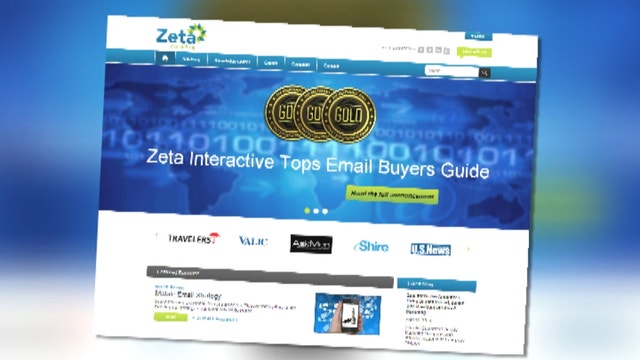Lessons of Rapid Growth, Loyalty from a Serial Entrepreneur
Growth is likely one of the many goals on a young company’s laundry list. But grow too fast, and it can all fall apart.
Ask David Steinberg, who in 2004 grew the wireless services and device company InPhonic to the number one spot on the Inc. 500 list, the same year it hit $400 million in revenue. Three years later, the company filed for Chapter 11.
Steinberg says the growth trajectory was unsustainable, especially as the country in 2007 was falling deeply into the Great Recession.
“You learn a lot when you grow that fast—we grew the company 56,000 % over four or five years,” he says. “You learn that you don’t borrow a lot of money going into an economic downturn—we learned that the hard way. “
What’s more, Steinberg says loyalty among the founding team sometimes needs to be compromised in order to make strategic growth decisions.
“The people who get you to where you are as an entrepreneur are not always the right people to get you to the next level,” Steinberg says. “Even though we had great people at InPhonic, the people who got us from a zero-to-$10 million company were not the right people to take us from a $100 million to a $400 million company.”
Today, Steinberg is co-founder and CEO of Zeta Interactive, a big-data driven marketing platform that he says just hit the $100 million mark in revenue, though he is admittedly more cautious about growth these days.
“I have a high aptitude for risk [and] we take a much more measured approach. We say, ‘what is the risk and what is the reward,’” Steinberg says. “If the risk is we lose some money but the reward is we will have massive entrepreneurial change, we will do that. If the risk is we could put the whole company down the drain, and the reward is making a few percentage points we won’t do that—but in the past I would have done that.”
Zeta, which Steinberg co-founded with former Apple (NASDAQ:AAPL) and Pepsi (NYSE:PEP) CEO John Sculley, offers 350 million customer records to help its clients make strategic acquisitions and business moves. The company continues to grow in double digit percentages, he says, and is grappling with the challenge of having more customer orders than it can take on.
Separately from Zeta, Steinberg also runs the CAIVIS Acquisition Corp., to recruit, invest in and mentor entrepreneurs. His approach is different than that of a private equity or venture capital firm, Steinberg says, as it has more of a focus on the individual entrepreneur than his or her business plan.
“We look for team,” he says. “We’re looking for people we really like, and want to spend time with, and who we think are going to win, and we stand behind them.”
But when vying for capital from CAIVIS, he says entrepreneurs have to do “the dance.”
“It’s a double-edged sword,” he says. “The people who push too much—it’s like a magnet. If you push too hard, it pulls away, but if you don’t pull enough, it falls away completely. There’s that happy medium, you’ve got to dance when it comes to raising capital.”




















